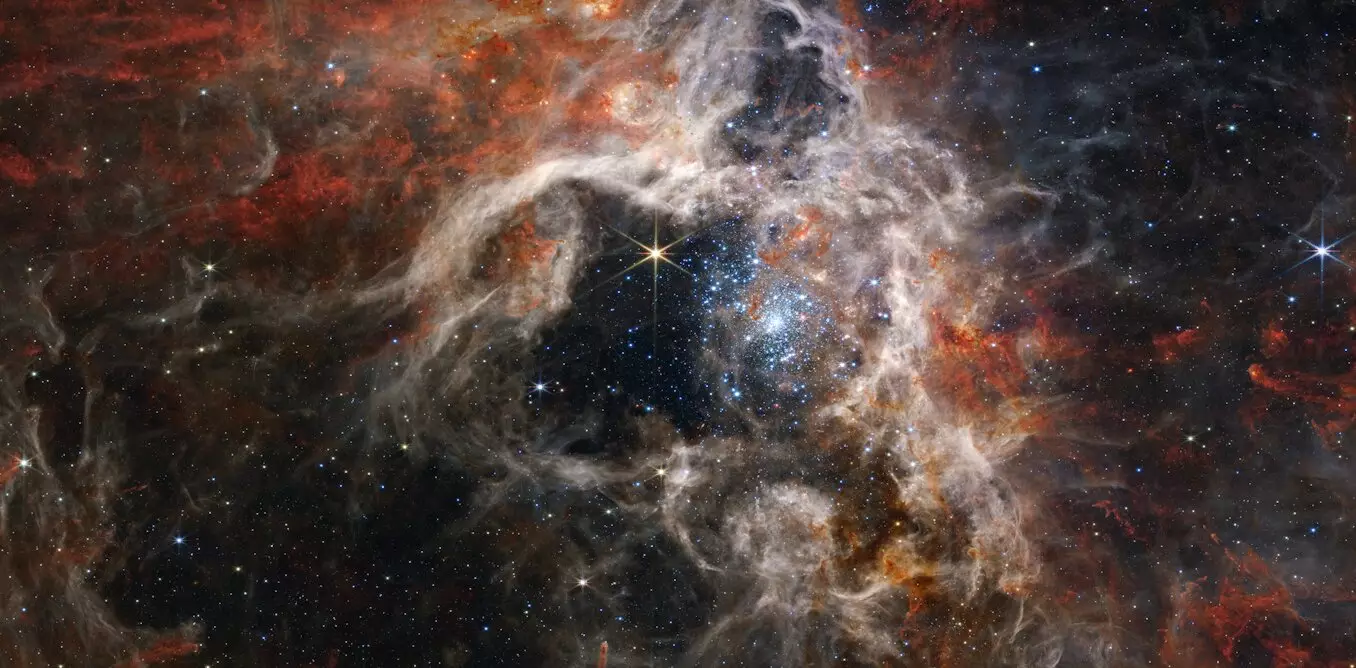The stability of our universe, with its existence spanning over 13.7 billion years, is now being questioned due to the potential risks associated with the instability of the Higgs boson. This fundamental particle is responsible for the mass and interactions of all known particles, operating through the Higgs field. The Higgs field, akin to a still water bath, permeates the entire universe with consistent properties, allowing for uniform physics observations across vast distances and time periods.
Despite the seemingly stable nature of the Higgs field, it is believed that it may not be in its lowest energy state, making it susceptible to phase transitions. A phase transition in the Higgs field could lead to the formation of low-energy bubbles within space, altering the fundamental physics within those regions. This would result in drastic changes to particle masses and interactions, potentially rendering any observers within those bubbles unable to report such alterations.
In the search for reasons behind the formation of bubbles within the Higgs field, quantum mechanics comes into play. The fluctuating energy of the Higgs makes it possible, though rare, for bubbles to form naturally. However, the presence of external energy sources, such as strong gravitational fields or hot plasma, can facilitate the formation of these bubbles by providing additional energy to the Higgs field.
One significant source of external energy that could trigger Higgs field bubbling is primordial black holes. These black holes, theorized to have emerged in the early universe, could be exceptionally light, potentially contributing to the instability of the Higgs. The rapid evaporation of these small black holes, predicted by Stephen Hawking’s research, could influence the Higgs field and lead to the creation of bubbles.
In recent research, the impact of primordial black holes on the Higgs field was analyzed using analytical calculations and numerical simulations. The study revealed that the existence of such black holes could constantly induce bubbling within the Higgs field, posing a threat to the stability of the universe. However, the fact that the universe continues to exist as it does suggests that the likelihood of primordial black holes contributing to Higgs field instability is minimal.
The findings of this research challenge cosmological scenarios that predict the existence of primordial black holes. Unless concrete evidence of their past existence is discovered, such scenarios may need to be reassessed. The potential discovery of such evidence could open up new avenues for exploration, potentially unveiling unknown particles or forces that play a role in protecting the Higgs field from destabilization.
The universe’s stability, governed by the intricate interactions of particles and fields, remains a subject of ongoing investigation and discovery. The delicate balance maintained by entities like the Higgs boson highlights the fragility and complexity of the cosmos, urging scientists to delve deeper into the mysteries of both the smallest particles and the vast expanses of the universe.


Leave a Reply